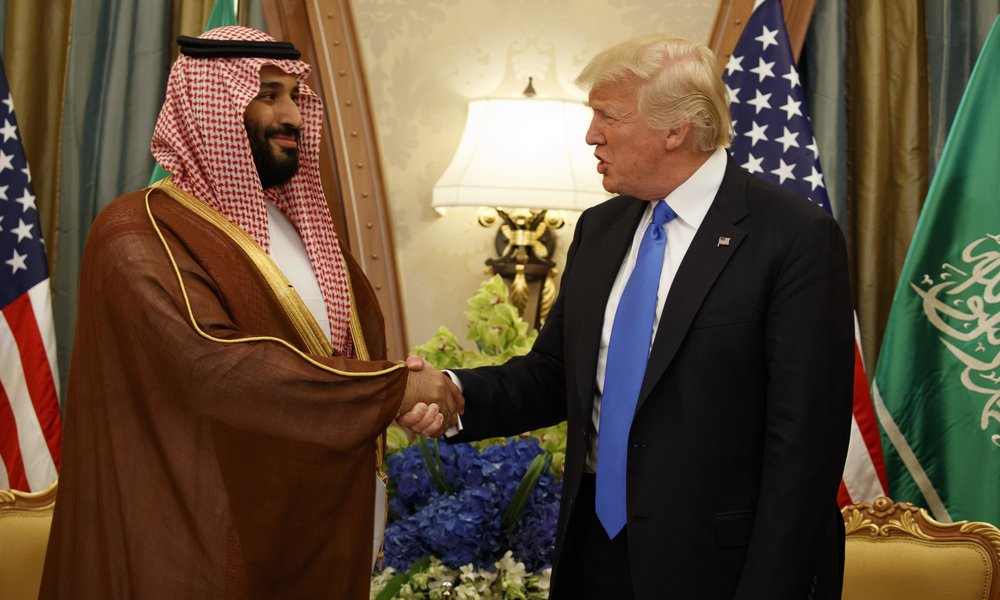There’s reason to doubt Saudi Arabia’s charming new crown prince

Mohammed bin Salman, the 31-year-old who last week was named crown prince of Saudi Arabia, has been working assiduously to win friends and influence people in Washington.
He’s acquired a lot of admirers, including in the Trump White House, by outlining plans to reform and modernize the Saudi economy, loosen domestic social controls and — not least — undertake tens of billions of arms purchases in the United States.
Yet as Prince Salman formally takes position to succeed his 81-year-old father, King Salman, there is growing reason for doubt about his capabilities. His market-oriented economic reforms look stalled. Meanwhile, his aggressive initiatives in foreign affairs are proving self-defeating — and damaging to the interests of the United States.
As defense minister, Prince Salman has been closely associated with Saudi Arabia’s military intervention in Yemen, which began not long after his father ascended to the throne in January 2015. In every respect, the campaign has been a failure. It has not achieved the declared aim of driving Houthi forces from the capital, Sanaa, and it has led to severe casualties caused by the bombing of civilian targets. Human rights groups have accused the Saudis and their allies, including the United Arab Emirates, of war crimes.
The worst humanitarian crises
Worst, the Saudi coalition has helped create one of the worst humanitarian crises the world has seen in decades. Some 17 million Yemenis are at risk of famine. A cholera epidemic has infected more than 200,000 people since April, according to the United Nations. On average, according to UN reporting, a child dies every 10 minutes in Yemen due to malnutrition, diarrhea and other preventable causes.
Though it long ago became clear that the war is unwinnable, the Saudi leadership persists — and has succeeded in persuading the Trump administration to renew support, including bomb deliveries, that the Obama administration suspended. The Saudis say their Houthi enemies are a proxy for Iran, but many experts believe they overstate that case. Meanwhile, the war detracts from the U.S.-led fight against the Islamic State (ISIL), from which the Persian Gulf nations have withdrawn resources.
Then there is the blockade of Qatar by four Sunni Arab countries, another Saudi-led initiative, that began June 5. Saudi leaders said their purpose was to end Qatari support for terrorism — a dubious claim that nevertheless won the support of President Trump. Yet not until last Friday, following public criticism from the State Department, did the block-aders present their demands. A number have nothing to do with terrorism: For example, Qatar is to close down the Al Jazeera television network, the Arab world’s most popular news outlet, which provides an outlet for critics of the region’s dictatorships. The Saudis further demand the closure of a military base in Qatar maintained by NATO member Turkey.
The largest U.S. air base in the Middle East is also located in Qatar and is a hub for operations against the Islamic State. Notwithstanding Trump’s supportive statements, the boycott risks serious harm to U.S. interests. Like the Yemen war, it should give cause for care in embracing the new Saudi crown prince. Though he may be charming, his adventurism makes him a questionable ally.
(Source: The Washington Post)
